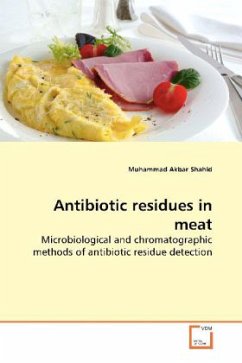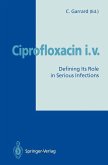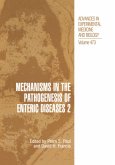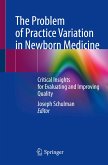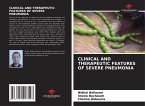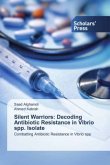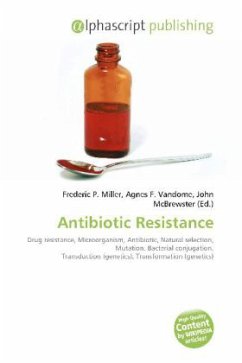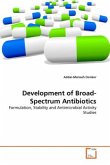Antibiotic residues in meat pose various human health hazards to susceptible individuals including gastrointestinal disturbances, teratogenic risks, allergic reactions and development of resistant pathogens for human and animals. Therefore monitoring the level of antibiotic residues is of utmost importance to safeguard human health. Various methods have been used including microbial, followed by sensitive and specific methods based on receptor binding, immunochemical and chromatographic principles. Each test format has its own attributes. Therefore, use of integrated system employing assays selected for screening and confirmation is necessary to ensure violative residues are not introduced in food chains. This books presents a microbial assay called Swab test on animal food (STAF) which is easy to develop and can be used for onsite detection of residues. A more sensitive and highly reproducible method based on high performance liquid chromatography for quantitative determination of oxytetracycline residues is also presented. Methods described here would be helpful for those involved in surveillance of antibiotic residues in various types of foods originating from animals.
Bitte wählen Sie Ihr Anliegen aus.
Rechnungen
Retourenschein anfordern
Bestellstatus
Storno

